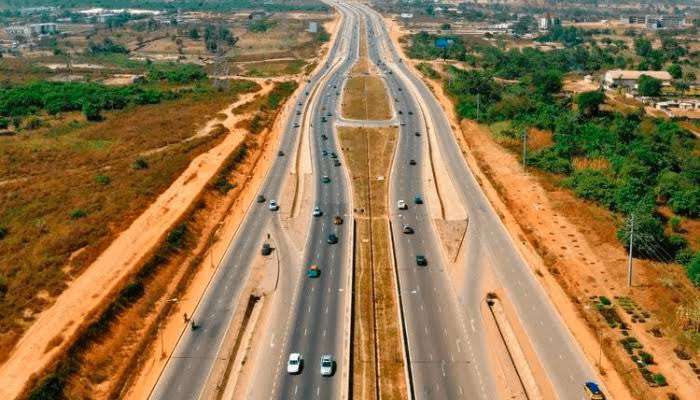Business
FG secures $747m syndicated loan for Lagos-Calabar coastal highway

The Federal Government has secured a $747 million syndicated loan to finance the construction of Phase 1, Section 1 of the Lagos-Calabar Coastal Highway, extending from Victoria Island to Eleko Village in Lagos State.
The loan, arranged by Deutsche Bank, represents Nigeria’s largest-ever syndicated facility for road infrastructure and is being touted as a significant vote of confidence by global investors in the country’s economic reforms and infrastructure agenda.
In a statement on Wednesday, the Director of Information and Public Relations in the Ministry of Finance, Mohammed Manga, said the facility demonstrates strong international interest in Nigeria’s infrastructure pipeline. He described it as “a strong signal of global investor confidence in the country’s reform trajectory and infrastructure pipeline.”
According to the ministry, Deutsche Bank served as the Global Coordinator, Initial Mandated Lead Arranger, and Bookrunner, while also participating in the loan syndicate alongside other regional and international financial institutions.
The Islamic Corporation for the Insurance of Investment and Export Credit (ICIEC) provided partial political and commercial risk insurance for the project.
Other major participants in the syndicated loan include First Abu Dhabi Bank (serving as Agent across all facilities and Intercreditor Agent), African Export-Import Bank (Afreximbank), Abu Dhabi Exports Office (ADEX), ECOWAS Bank for Investment and Development (EBID), Nexent Bank N.V. (formerly Credit Europe Bank N.V.), and Zenith Bank through its offices in the UK, Paris, and Nigeria.
The project is being delivered under an Engineering, Procurement, Construction and Financing (EPC+F) arrangement, with Hitech Construction Company—one of Nigeria’s leading infrastructure firms—serving as the contractor. The EPC+F model is designed to streamline technical execution and financing, enabling rapid project delivery while encouraging private sector investment in critical national infrastructure.
According to the ministry, construction of the Victoria Island–Eleko Village section is already over 70% complete.
The highway is being built using Continuously Reinforced Concrete Pavement (CRCP), a high-durability material engineered for a lifespan of at least 50 years with minimal maintenance. Officials say this underscores the government’s commitment to long-term infrastructure resilience and cost efficiency.
The project design has undergone rigorous technical, legal, environmental, and social impact assessments to ensure compliance with international best practices and sustainability standards.
Minister of Finance and Coordinating Minister of the Economy, Mr. Wale Edun, hailed the transaction as a milestone that reflects the impact of Nigeria’s macroeconomic reforms and a return of international capital to support national development.
“This deal reflects the success of our macroeconomic reforms and the return of international capital to support Nigeria’s development,” Edun said. “We are focused on financing infrastructure in ways that are sustainable, transparent, and catalytic—and this transaction is a model of that vision in action.”
He added that the loan aligns with President Bola Tinubu’s agenda to deepen private sector participation in national development through Public-Private Partnerships (PPPs), especially in infrastructure delivery and management.
“This transaction signals to global investors the sophistication of the Nigerian market and the government’s commitment to contract sanctity and innovative financing models for strategic infrastructure,” Edun said. “It’s a clear demonstration that Nigeria is ready for a full transition to privately financed and managed public infrastructure that delivers inclusive growth.”


